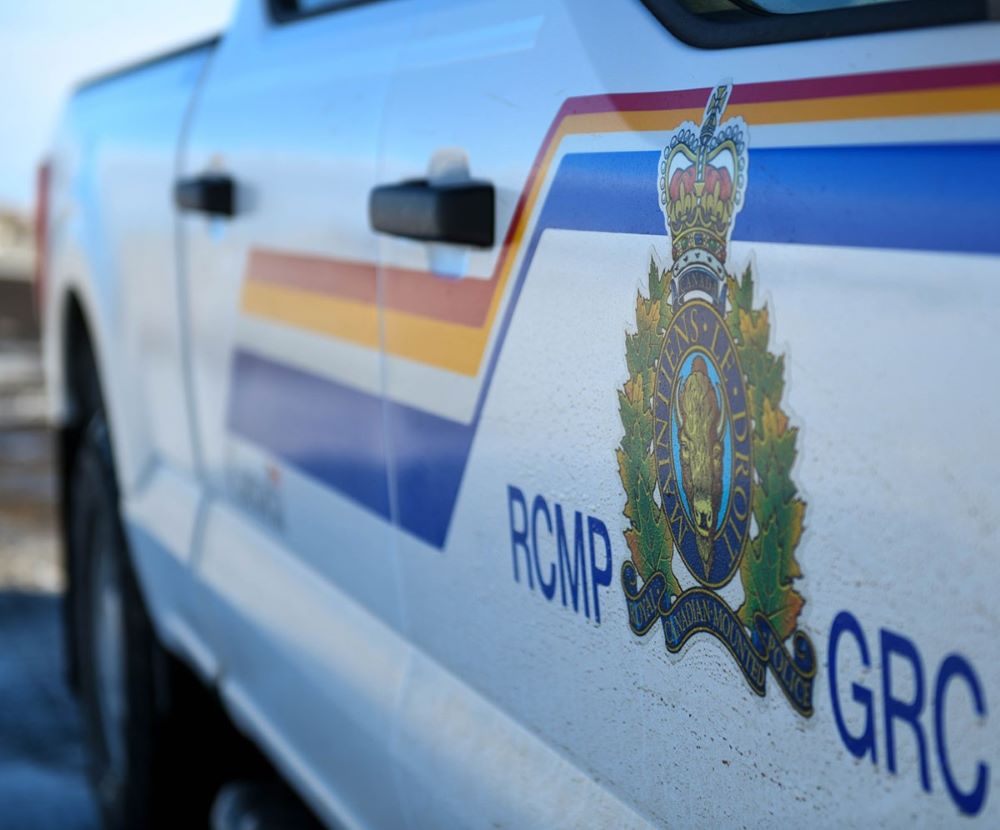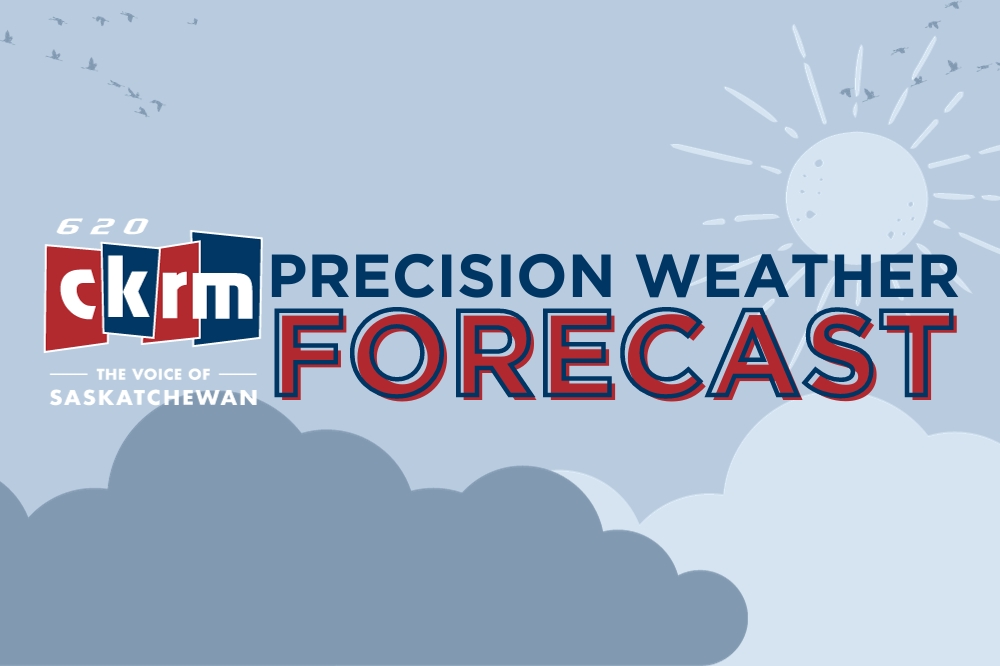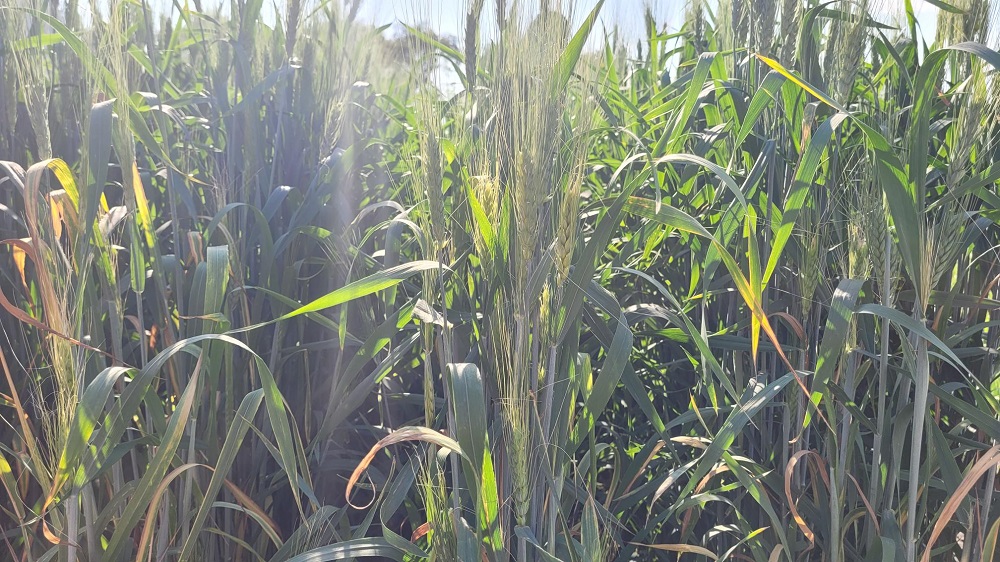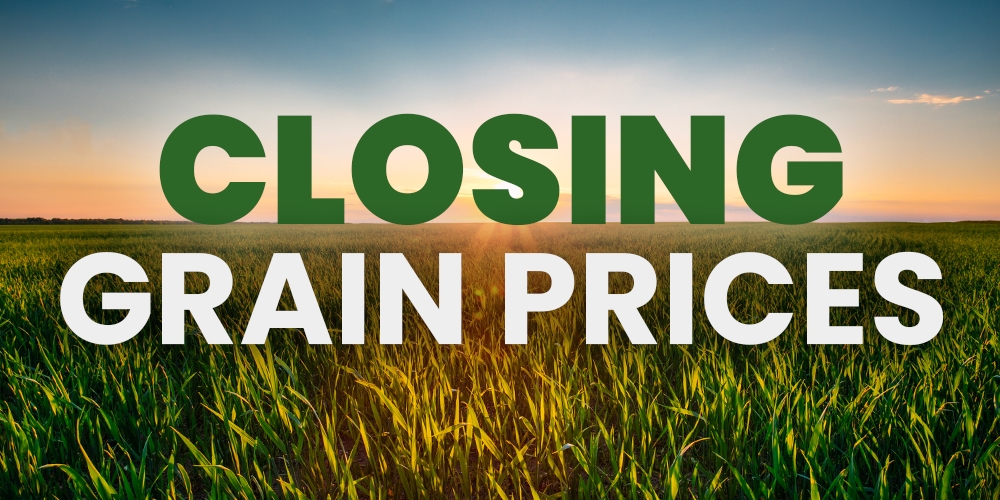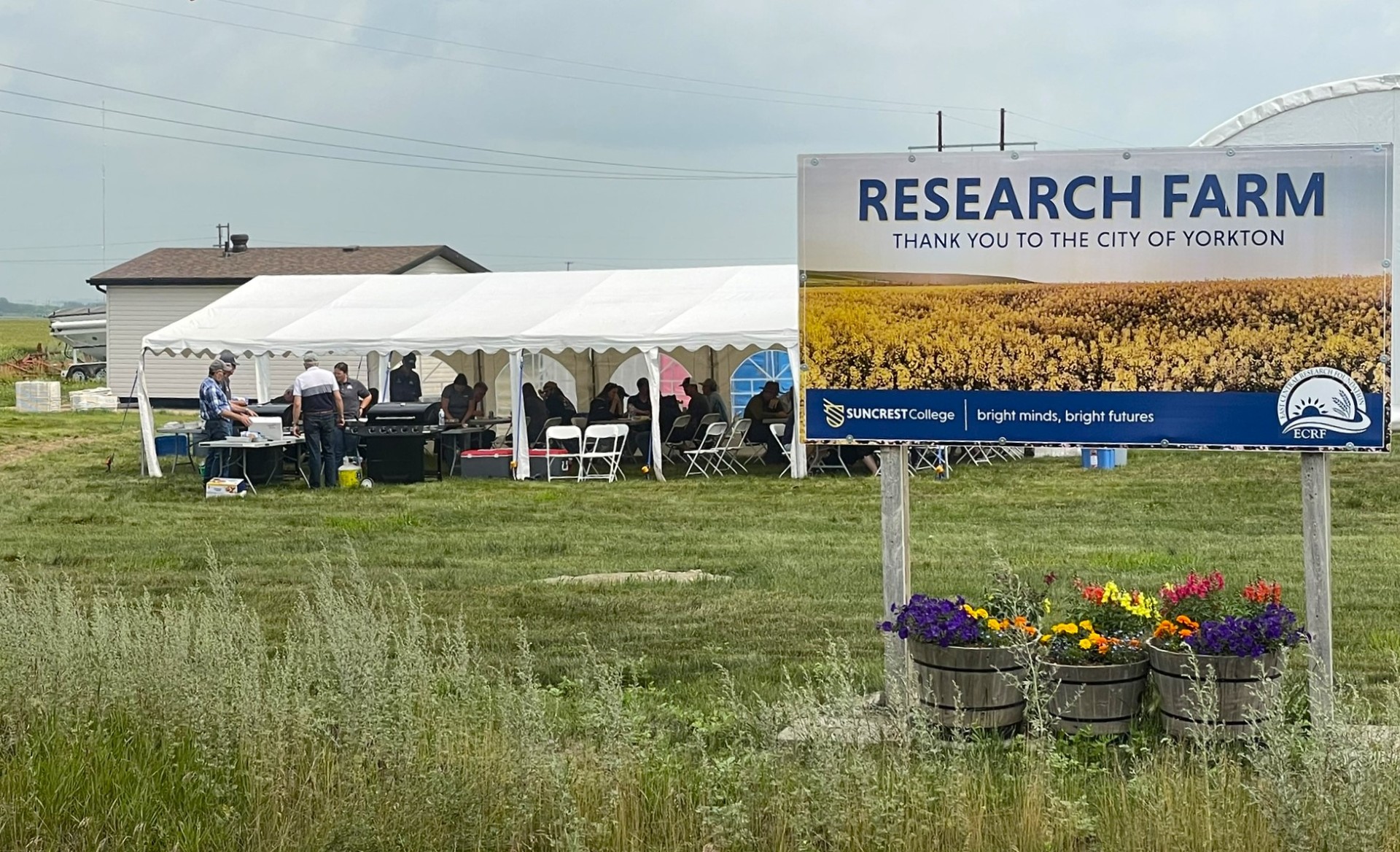TD Bank Group has released a survey, shedding light on the financial outlook for residents of Saskatchewan and Manitoba in 2024.
The findings indicate a notable shift compared to the previous year, with 29% of respondents feeling less positive about their finances. A significant majority, 53%, anticipate inflation and the rising cost of living to pose the biggest financial challenge in the year ahead.
Among the key findings specific to Saskatchewan and Manitoba:
- 35% of residents plan to reduce their spending by up to $500 per month in 2024, with 68% intending to make fewer retail purchases
- 66% of respondents plan to dine out or order food less frequently to curtail spending. In comparison, 36% intend to cancel some or all subscriptions, marking the highest percentage in Canada compared to the national average of 26%
The survey also found that residents are looking to manage finances by spending less on entertainment (39%), opting for generic brands over name brands (27%), postponing or cancelling travel plans (25%), and actively seeking out better deals to save on purchases (43%).
Emily Ross, the vice-president of the Everday Advice Journey at TD Bank, said residents on the prairies are feeling more positive than their national counterparts.
“Saskatchewan and Manitoba residents are more optimistic about their finances than the rest of the country. So 29% said they feel less positive about their finances this year. That’s lower than the national average. Where 36% were feeling less positive.”
She said residents might be feeling more positive, but it doesn’t mean they aren’t looking to save money in 2024.
“A good chuck of the Canadian population is looking to cut their spending quite significantly, by $500 a month and in some cases more,” Ross said. “They’re planning to cut from making fewer purchases, clothing, electronics, eating out, ordering food in less often.”
Ross added that people are also looking to save money by buying non-brand name products, cancelling travel plans, and spending less on entertainment like concerts, movies, and sporting events.
“Of course, it has an impact on the economy. I think we all feel it when people stop spending and slow down their spending, but I think it’s the reality of how Canadians are feeling looking ahead at their budgets and their cash flow for the upcoming year.”
With concerns over inflation and the rising cost of living looming large, individuals are adjusting their spending habits and exploring various strategies to mitigate financial strain in the year ahead.
Ross gave some advice on how people can save money or control their spending in the new year.
“If you’re starting the new year and you’re looking ahead and you’re feeling financial stress, it can be overwhelming to know where to start, and in many cases, we see people just not other starting as a result because it’s easier to just kind of keep going without a clear picture,” she acknowledges. “Whether it’s TD or any other bank, talking to someone is a really great way to get started. Putting a budget together is an absolutely critical next step, really understanding what your cash flow is.”
“There are budgeting tools online. A lot of the banks have them. You can find them on the TD website,” she continued. “There are apps that you can download to help you create a budget but really track your spending and understand what your cash flow is going in and coming out and then set some short-term and longer-term goals for where you want to be.”
As residents of both provinces adopt a more cautious approach to their finances, TD’s survey underscores the importance of financial planning and prudent budgeting to weather potential economic uncertainties in 2024.




